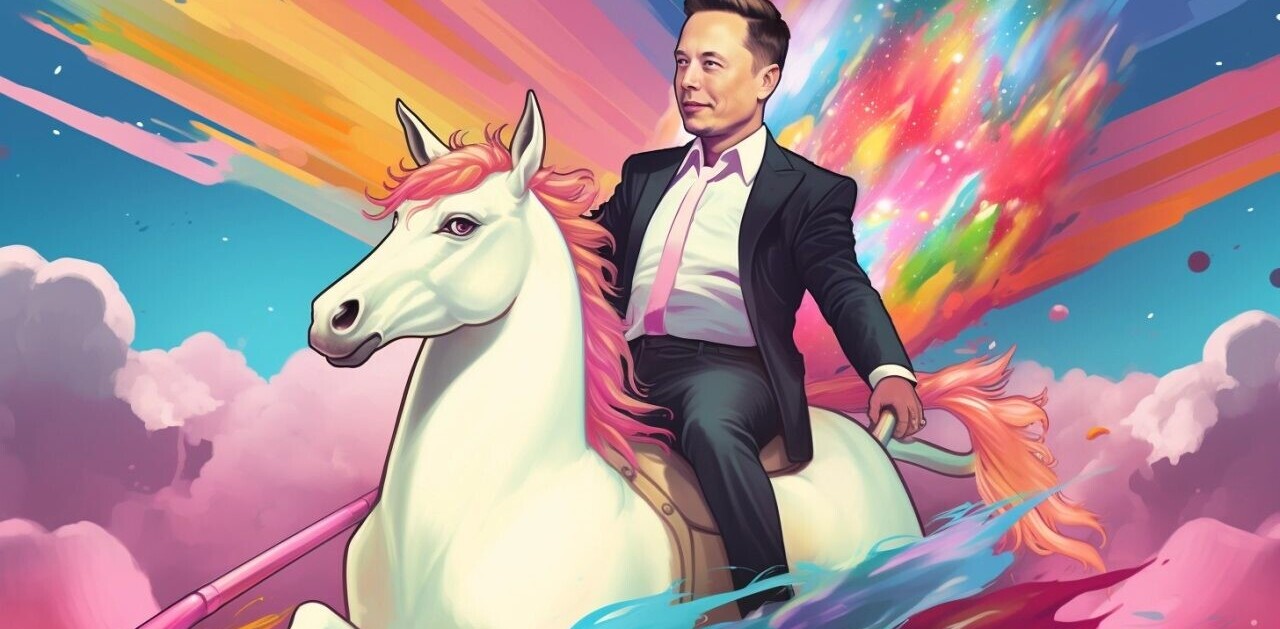
 The UK government has proposed some pretty extreme plans for dealing with online piracy, but do they have any chance of being carried through? Do they set a dangerous precedent for the rest of the world?
The UK government has proposed some pretty extreme plans for dealing with online piracy, but do they have any chance of being carried through? Do they set a dangerous precedent for the rest of the world?
The Digital Economy Bill is certainly a bold piece of legislation that could turn the UK’s internet access into a totalitarian regime and make life miserable for a huge number of people.
In case it’s passed you by, the Bill proposes to deal with illegal filesharing in four controversial ways:
- Introducing a ‘Three-strikes and you’re out’ rule of disconnecting repeat offenders from the internet.
- ISPs spying on their customers for evidence of wrongdoing.
- Increased fines for those convicted of “making or dealing with infringing articles” and “making, dealing with or using illicit recordings”.
- Giving the government unlimited powers to introduce additional anti-piracy laws as they see fit without going through the usual process of consulting parliament.
So, the proposals are tough on those accused of piracy but the wider consequences could actually push poorer households offline completely, even if they’re accused of nothing. It’s shocking that this is even being considered.
Ruining lives
The admin costs of sending out warning letters to suspected filesharers are be passed on to broadband subscribers. As Torrentfreak reported recently, this extra burden could force 40,000 household offline. Cory Doctorow makes the good point that “Poor households with Internet access enjoy a substantially higher quality of life than their offline neighbours, thanks to a variety of factors, from low-cost online shopping, to savings through online utility billing, to better research tools for school-kids, job-seekers and people with health problems.”
While the newly announced plans to give out free laptops to 270,00 low-income families may seem to be positive move in the other direction, it doesn’t detract from the fact that 40,000 household will be likely to have no internet connection to use a laptop, or any internet device, on.
It’s no surprise that a protest movement has built up around the Bill. Should we really be scared though? Ever the optimist, I think not.
Firstly, this legislation is merely proposed at this stage. There’s little-to-no chance of it becoming law between now and the next General Election in the UK. That’s likely to May this year – and the Labour government is widely expected to lose to the opposing Conservative Party. The Conservatives have already stated that they oppose the bill and even if they were swayed into supporting it (possibly by sharing a villa with a music industry bigwig) there’s little chance of it ever becoming law.
People power
Thanks to the web, politicians are beholden to the public more than ever. Protests can flare up in minutes via Facebook and Twitter. In recent months we’ve seen Britain defend its health service from right-wing America, overturn a reporting ban for a national newspaper and get a 17 year-old Rage Against The Machine track to the Christmas number one, all via social media campaigning.
Just think about the number of members those fake ‘OMG, Facebook is going to charge for access!’ protest groups get. Imagine if that anger was channeled towards something very real. We could see that with the Digital Economy Bill.
The Digital Economy Bill’s anti-piracy measures aren’t worth with parchment they’re written on and, when it comes to the crunch, the British public will let the government know. That should send a message to the world that 21st Century citizens won’t take whatever their governments throw at them… especially when you try to take their internet connections away.
Get the TNW newsletter
Get the most important tech news in your inbox each week.




